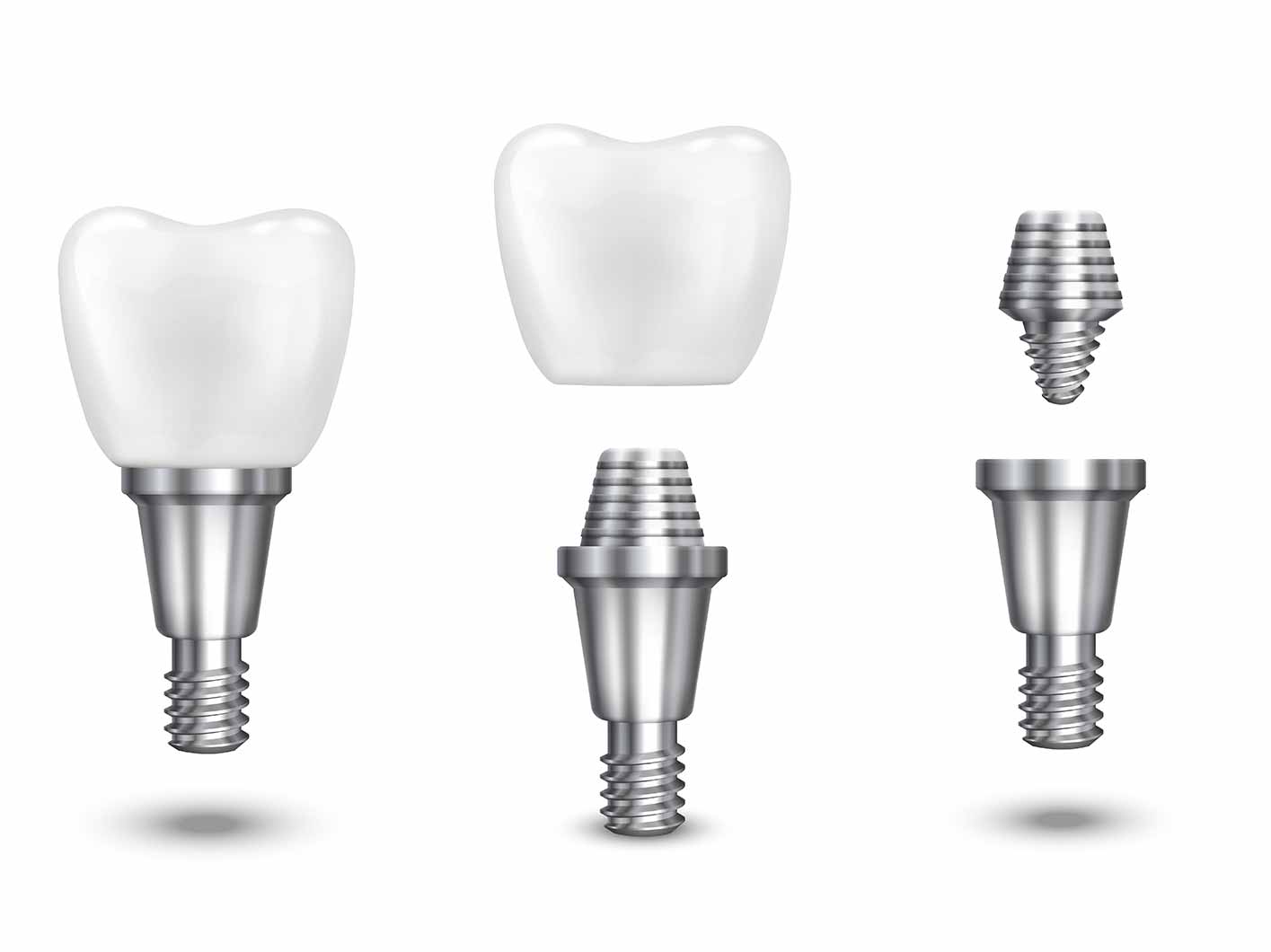
Implant Treatment
Implant treatment is a procedure performed with artificial tooth roots to replace missing teeth. Implants are placed into the jawbone, creating a strong bond, and artificial teeth are attached to them. It resolves aesthetic issues, restores chewing functions, and provides a long-term solution.
How is implant treatment carried out?
Implant treatment generally involves the following steps:
Evaluation and Planning: Your dentist will initially evaluate your oral and jaw structure to plan an appropriate implant treatment. X-rays, dental tomography, and other imaging methods are used to analyze bone density and structure.
Surgical Intervention: Implants, usually titanium screws acting as artificial tooth roots, are placed surgically. During surgery, the dentist prepares the areas where implants will be placed by making a small incision in the jawbone. The implants are then inserted into these areas like screws.
Healing Process: A healing period is necessary for the implants to fuse with the jawbone. This period typically ranges from a few weeks to several months. During this time, the implants bond with the bone, forming a strong connection.
Temporary Tooth Application: Temporary teeth or dentures may be applied during the healing process while the implants integrate with the jawbone. This allows the patient to maintain normal chewing and speech functions.
Attachment of Permanent Teeth: Once the healing process is complete, the dentist places permanent tooth restorations (such as crowns, bridges, or dentures) onto the implants. These restorations can function and resemble natural teeth.
Who can get implant treatment?
Implant treatment is suitable for most adults with healthy jawbones and gums. However, in some cases, implant treatment may not be suitable. For instance, if the jawbone density is insufficient or if there’s severe gum disease, implant treatment may not be successful. Additionally, chronic health conditions, smoking habits, and certain medications can negatively affect implant treatment.
What are the advantages of implant treatment?
It is more durable and long-lasting compared to other restoration options.
It allows for the treatment of missing teeth without the need to alter other teeth.
It provides a natural appearance and functionality similar to natural teeth.
It can prevent aesthetic issues like gum recession.

